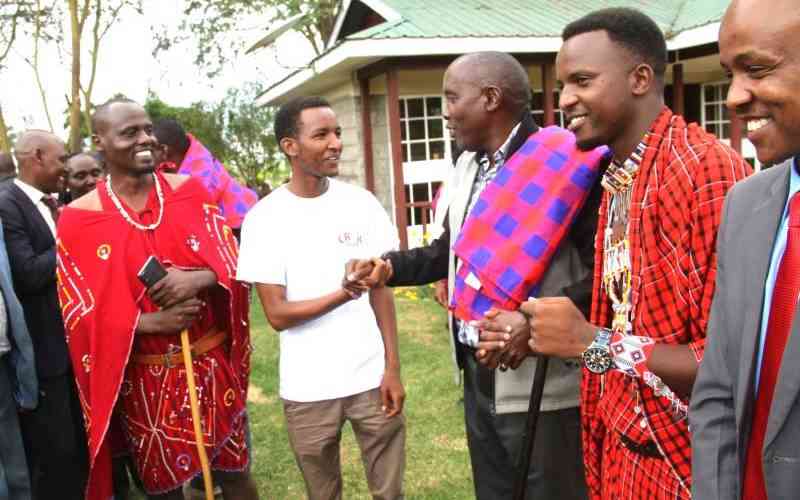×
The Standard e-Paper
Kenya’s Boldest Voice

Kajiado County's full Scholarship scheme has churned out its first cohort of 500 graduates sponsored four years ago across the 25 wards.
Some 300 of the beneficiaries have completed secondary school and are awaiting KCSE results after their fees were paid for four years.